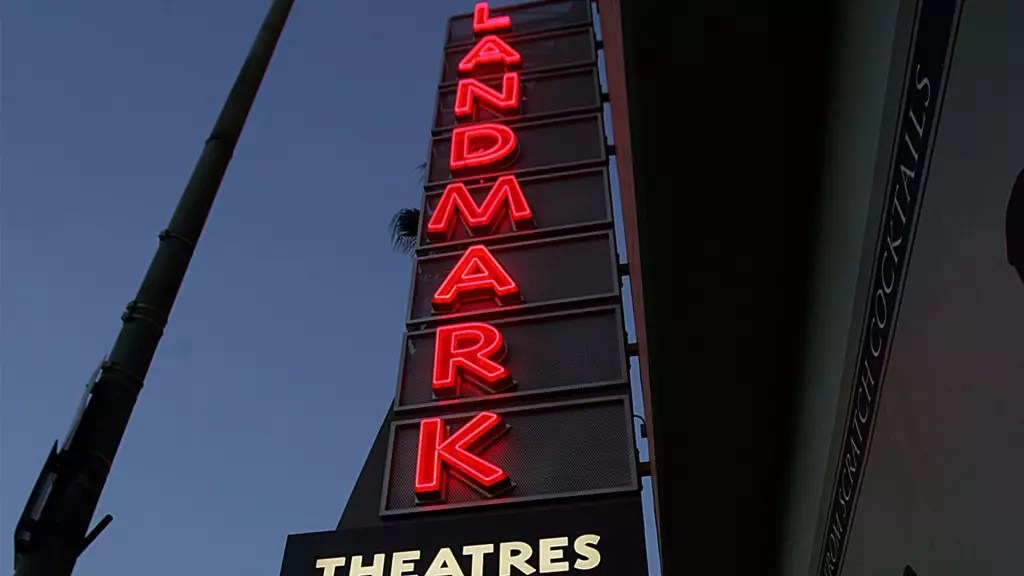In a significant turn of events, the New York State Supreme Court has ordered real estate mogul Charles Cohen to repay Fortress Credit Corp. a staggering $187.25 million if a forthcoming auction fails to generate sufficient revenue to offset his debts. This judgment is the culmination of a protracted dispute stemming from a loan exceeding $500 million that Cohen secured in 2022. The complex web of financial obligations and legal battles surrounding this case highlights the precarious nature of real estate investments, especially in an unpredictable market.
Throughout 2023, Cohen and Fortress engaged in a series of negotiations, seeking extensions to resolve the matter amicably. However, as discussions faltered, Fortress decided to call in the loan, asserting that Cohen was in default. This triggered a lawsuit aimed at auctioning off several properties that serve as collateral for the loan. Among these are Landmark Theatres—once a prominent establishment in the independent cinema sphere—alongside other valuable assets including a design center, office tower, and hotel. The stakes are immense, as failure to recover funds could lead to substantial losses for Cohen.
In August, Judge Joel M. Cohen ruled in favor of Fortress, designating November 8 as the date for the auction. The ruling made it clear that the $187.25 million loan guaranty signed by Cohen was a crucial element of the case, separate from the ongoing viability of Landmark Theatres. Despite the intricacies of this legal situation, representatives from Landmark expressed a cautious optimism regarding a potential favorable outcome, indicating that they remain committed to their operations. However, the reality is that the looming auction poses a serious threat to the future of the venue.
The implications of this case stretch beyond just Cohen’s immediate financial obligations. If the auction proceeds, it could mark one of the largest transactions in New York’s real estate landscape under the Uniform Commercial Code (UCC). The scenario also raises questions about the health of the independent film market, particularly after Cohen’s acquisition of Landmark in 2018—a time when the cinema industry was already grappling with severe challenges posed by the pandemic and industry-wide strikes.
Furthermore, while Cohen has pursued legal avenues to delay the auction and restructure the loan, the judge’s decision to deny these requests suggests a potentially bleak path ahead. Yet, there remains a sliver of hope that a settlement might still be reached between the parties involved. Ultimately, the outcome of this case will serve as a cautionary tale for real estate investors about the precarious balance between ambition and financial liability.
As Charles Cohen faces pivotal moments in courtrooms and auction houses, the repercussions of his financial dealings will likely resonate throughout New York’s real estate sector and beyond. The ramifications of this legal showdown not only demonstrate the risks associated with high-stakes investments but also the enduring challenges that the film industry continues to encounter in a rapidly evolving landscape.


Leave a Reply